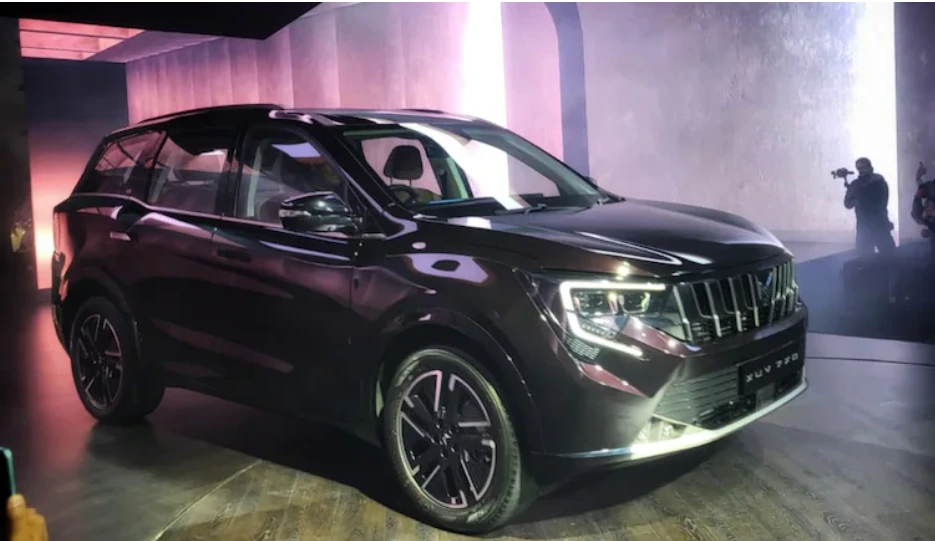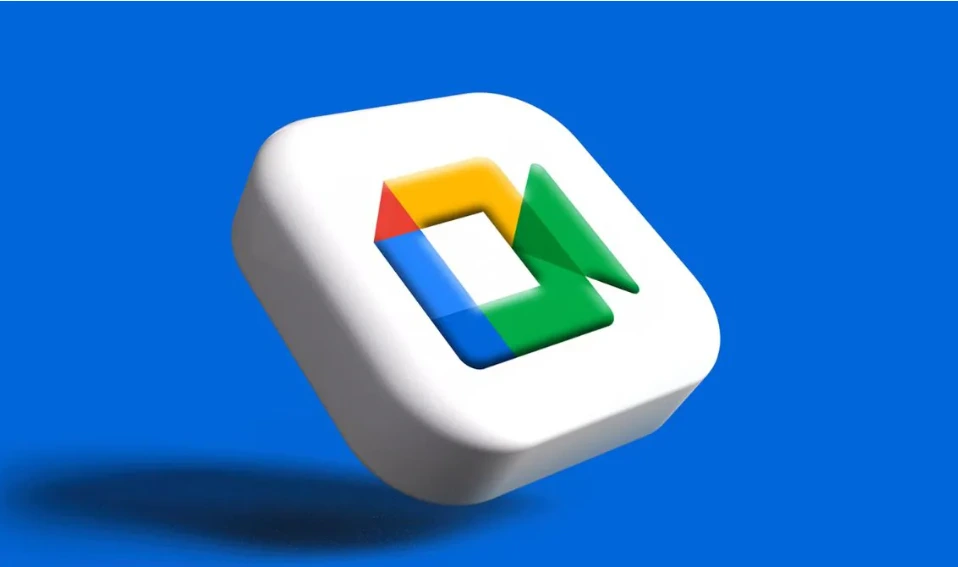Tech
Elon Musk announces Twitter changes, verified accounts can read 6000 posts per day; check others
However, he did not specify when it would be put into effect.

Gadgets
OnePlus Freedom Sale 2026 brings discounts on 15, 15R, 13, Nord 5 and tablets
OnePlus Freedom Sale 2026 begins Jan 16 with discounts on phones, tablets, and audio products across online and offline stores.
Auto
Mahindra XUV 7XO launched in India at Rs 13.66 lakh with major upgrades
Mahindra has launched the XUV 7XO facelift in India at Rs 13.66 lakh, offering upgraded design, advanced technology, and smart connectivity features.
Tech
Google Meet outage disrupts work calls, online classes across India
Google Meet faced a major outage across India, stopping users from joining meetings and prompting widespread complaints on social media.
-

 India News16 hours ago
India News16 hours agoBJP MLA Vungzagin Valte dies after prolonged battle with injuries from Manipur violence
-

 India News17 hours ago
India News17 hours agoNo option left: Supreme Court issues extraordinary order in Bengal SIR case
-

 India News16 hours ago
India News16 hours agoAmit Shah launches Rs 6,900 crore Vibrant Village Programme-II in Assam
-

 Latest world news3 hours ago
Latest world news3 hours agoTrump signs 10% global tariffs after US Supreme Court setback
-

 Latest world news2 hours ago
Latest world news2 hours agoPM Modi meets Sri Lankan President Dissanayake at AI summit, reviews connectivity agenda
-

 India News2 hours ago
India News2 hours agoRSS not seeking political power, focused on uniting Hindu society, says Mohan Bhagwat
















